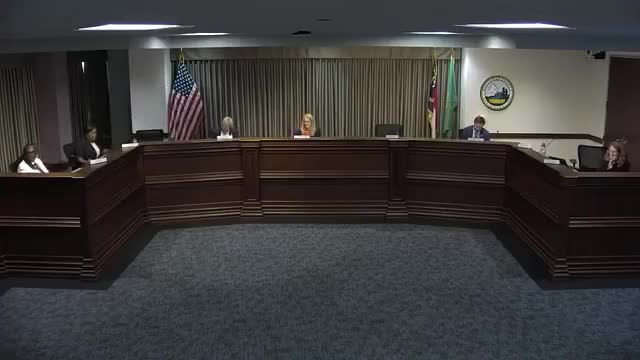Article not found
This article is no longer available. But don't worry—we've gathered other articles that discuss the same topic.
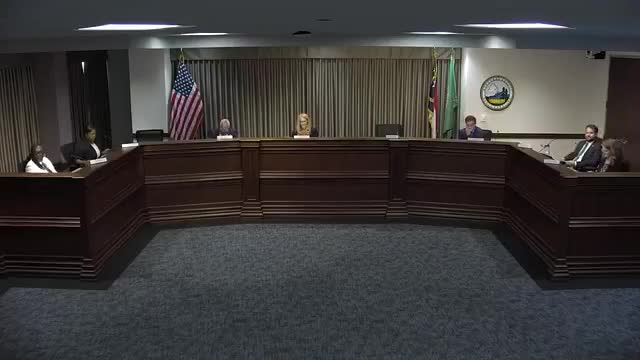
Staff recommends Urban Atlantic as master developer for Ferry Road; requests negotiations and MOU authorization on June 17
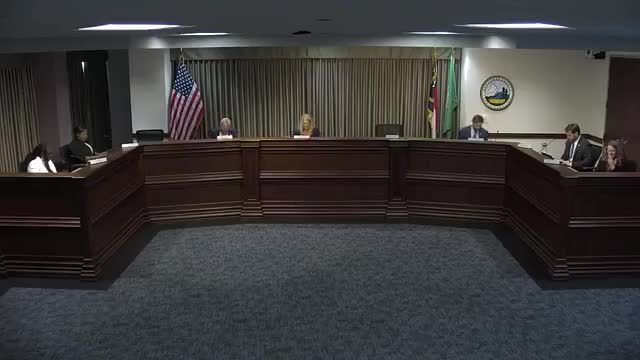
Buncombe County staff propose clarifying and modernizing investment policy; changes headed to June 17 vote
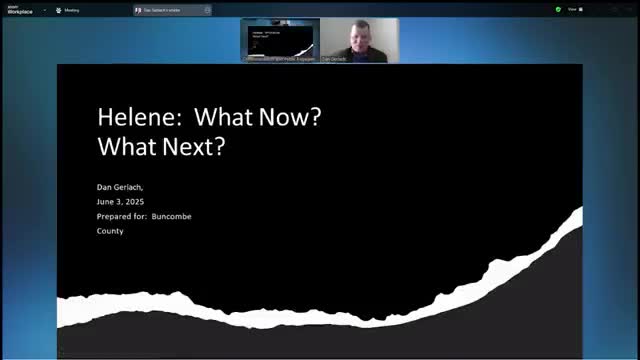
Consultant: Helene’s economic damage concentrated in Buncombe County, recovery uneven
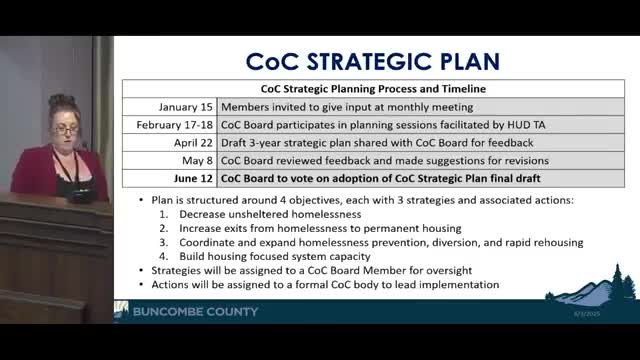
County awarded $225,000 state EECBG grant to install 180 kWh battery at 35 Woodfin; projected lifetime savings about $589,000
